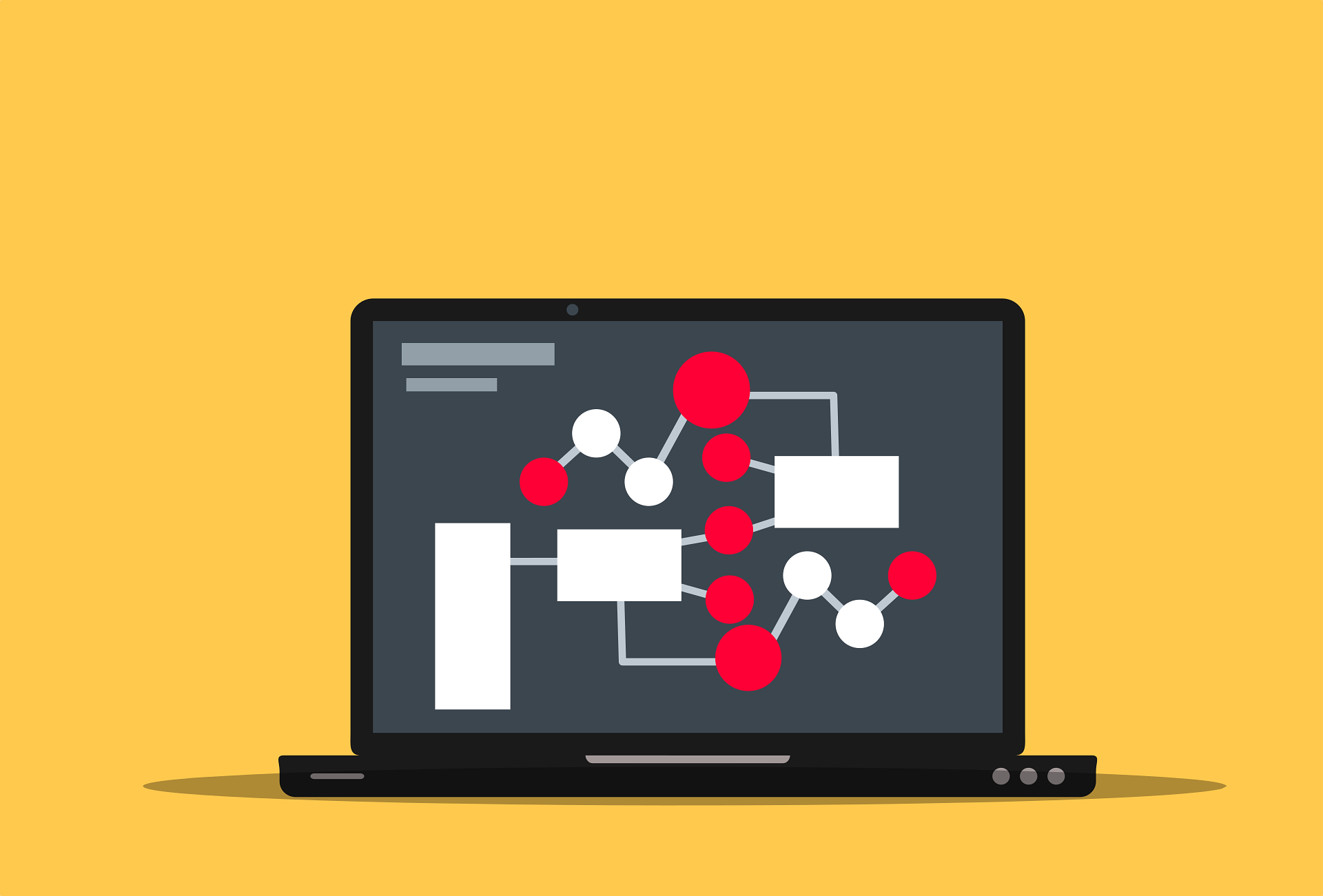As the New Year approaches, PublicTechnology takes a look at what we might expect in the world of digital government in 2017.
PublicTechnology is gazing into its crystal ball for 2017 – Photo credit: Flickr, Pascal, public domain
This year has been full of political surprises, and the news agenda in 2017 is sure to be dominated by many of the same headlines that have shaped 2016 so far. At the same time, there have been major technological developments, and governments have hit a number of milestones along the way.
We’ve seen the Government Digital Service launch its flagship identity assurance scheme Verify and Enfield Council hire an AI employee. The Department for Work and Pensions started the first public sector trial of the use of Blockchain technology and the LocalGov Digital network launched its own version of the Digital Service Standard.
But 2016 is – thankfully for many – now over, and PublicTechnology has asked experts and commentators what they think might happen in five areas.
Read on for the full analysis, or skip right to: politics, data, security, skills and collaboration and technologies. And don’t forget to add your own predictions in the comments section.
Politics
Brexit will no doubt dominate much of the political discussions, but David Jones, a public services consultant based in Cardiff who has advised local and national governments on digital, says that, with the 2020 general election approaching, “pressure for delivery within the civil service will increase”.
The most recent election saw little media or policy attention paid to digital, Jones says, but “perhaps 2017 will see the first major speech by a high-ranking cabinet member, talking about digital public services from a political perspective”.
Meanwhile, international discussions will focus on Trump. Just after the businessman’s election as president, commentator David Walker noted that he seemed to have no position on digital government, but in 2017 we will see the real effects of how his attitude to surveillance and data protection.
For Jones, the US, with its government’s US Digital Service and 18F making waves around the world, is a potential new member for the D5 group of digital government, currently made up of Estonia, Israel, New Zealand, South Korea and the UK.
If it does sign up to the pact, says Jones, “the politics of Trump and US public service technology leaders sharing an embrace will be a sight to behold”.
Back at home, we can expect more discussions on devolution, with a number of regions electing their first city mayors in May 2017. Julian David, chief executive of the industry representative body TechUK, says that technology and digital services “need to be at the forefront” of all devolution plans if they are to be a success.
“Digital governance, leadership, and effective collaboration between the public sector and tech industry will all be fundamental components of making digital devolution a reality, and making devolution work for citizens,” he says.
However, Jones cautions that 2017 is also liable to be the year that the pace of digital adoption across the country widens the gap between councils. “The laggards will begin to discover councillors who challenge their executive to step-up delivery,” he says.
Of course, there are a few legislative certainties in store next year, one of which is further debate on the controversial and Christmas-tree-like Digital Economy Bill, which has been making its way through parliament this year. Now in the House of Lords, it’s come in for criticism from privacy campaigners, opposition MPs and open data experts.
We should also see the results of the consultations on the consent and opt-out options for patient data sharing, which was launched after the now notorious care.data scheme was canned, and into HMRC’s Making Tax Digital plans.
And, although perhaps the less said about the perpetually “long-awaited” digital strategy the better, it is sure to be published in some shape or form.
Data
One thing that looks set to take centre stage in 2017 has to be data. The Digital Economy Bill is pushing to make it easier for departments to share data with each other, to improve public services, while the digital transformation strategy is also expected to recommend the appointment of a chief data officer for government.
Meanwhile, local authorities are being repeatedly urged to make the most of their data, and – crucially – to share it better between different public services, while innovation agency Nesta is trialling data sharing programmes across various councils and pushing for the creation of a London Office of Data Analytics.
“With the government promising to publish a roadmap on open Application Programming Interfaces for public data and the Digital Economy Bill likely to find its way onto the statute books, 2017 could be the year that the public sector begins to unlock enormous benefits from linking its data sets together,” says TechUK’s Julian David.
And, according to Civica’s group business development director Paul Bradbury, public trust – which has been shown time and again to be on the low side when it comes to governments storing data, especially with widespread reports of mishaps and human error – will be crucial to this greater use of data.
Nonetheless, David says that “the prize of cheaper, more joined-up public services should prove sufficient to focus minds” and ensure that government works with industry to build public trust through robust data protection.
Security
The implications of increased use of data, and the growing need to ensure public trust, has the knock-on effect of requiring much greater attention to security. This year saw the launch of the National Cyber Security Centre, which brings all of the government’s abilities in cyber security together in one place and has pledged to work closely with local government, too.
It’s been given a bigger platform and has a vocal director, which the government clearly hopes will help boost trust while meeting the NCSC’s agenda of “active cyber defence”.
But despite this, the predictions for government security in 2017 are bleak, with a number of commentators poised for a headline-grabbing incident.
“There’ll be a big security breach that will cause some public, political and media concern about digital,” says Jones.
“It doesn’t matter which body this is, whether it’s the NHS or DWP, or a council – or whether the culprit will be the newer GDS-backed systems or older legacy technology, or even good-old human failure.
“The impact will be a swift loss of confidence in all digital public services.”
Steven Cox, vice-president and head of public sector at Fujitsu UK&I, agrees, saying that the increased pervasiveness of technology makes a major government hack inevitable.
“We’ve seen a lot more activity this year,” he says, pointing to malware hijacks, Distributed Denial of Service attacks and ransomware incidents. To address it, he says, the sector needs “more co-sharing of actionable intelligence for IT security”.
Skills and collaboration
There is also likely to be a dash for digital skills in 2017, with new employees expected to join digital teams after a series of high profile departures instigated recruitment drives across Whitehall, as the expansion of the DWP’s Digital Academies scheme begins.
David notes that TechUK’s civil service survey identified the shortage of skills in government as “one of the largest barriers to achieving change and value for money”, and says that the new cohorts of better-trained public servants – GDS has said it will train 3,000 people a year when it takes over the academies – will be at “the heart of service transformation”.
There is also a hope for an ever-more diverse workforce, as efforts increase to encourage more women into tech roles: IT professionals group Socitm has said it plans to make this one of its main work projects for 2017 and it’s likely we’ll see more groups celebrating diversity in all its forms across Whitehall as well.
Meanwhile, collaboration is the watchword of the moment for local government, which is still struggling with decreasing budgets, even after implementing the easier cost-saving measures.
Bradbury says that developing stronger partnerships and finding integrated solutions will make transformation “significantly easier” and emphasises that this will be particularly important for “health and social care organisations that are at serious risk of falling financially short”.
There’s also a push for councils to work together to demand more from private sector suppliers, which should help increase the diversity of companies working with the public sector – something that’s supported by TechUK, which says will boost innovation.
Technologies
Both local and central government are going to have to make better use of emerging technologies as they try and improve digital public services on shoe-string budgets.
Throughout the year, PublicTechnology has asked how government can benefit from innovations in everything from virtual reality to artificial intelligence, driverless cars to Blockchain – and these are all technologies that will keep popping up in 2017.
Fujitsu’s Stephen Cox says that the better understanding of the potential of the Internet of Things will begin to take effect next year, with early adopters in transport and social care starting become mainstream, “demonstrating real savings to traditional ways of providing services”.
For Eddie Copeland, director of government innovation at Nesta, 2017 will be the year that individuals use distributed ledger technologies to “take back control of their online lives”.
In Nesta’s own prediction list, Copeland says that next year there will be more effort to make use of the tech behind Bitcoin to empower people to make better use of online services and control access to their data.
Another major change to the tech landscape is the creation of more UK-based cloud datacentre –the likes of Amazon Web Services, Microsoft and IBM have all expanded or opened their base in the UK this year.
This has made it possible for public sector bodies, which are governed by strict data protection laws that often require information to be stored in the UK, to make better use of the cloud.
“The use of cloud for digital services will become accepted as the new norm as relative perceptions about security become accepted,” says Cox. “Concerns will move onto orchestration and how you manage both the technology and services provided across multiple suppliers of public and private, as well as on and off premise, cloud.”
This move, arguably more so than all the others, offers the public sector the chance of real savings, as governments can move away from paying for rent and technological management of their own costly datacentres.
As is the way with predictions, this list is certainly not exhaustive, so we want you to tell us what we’ve missed – from tech to data, what are the big issues that will be facing your organisation this year?



